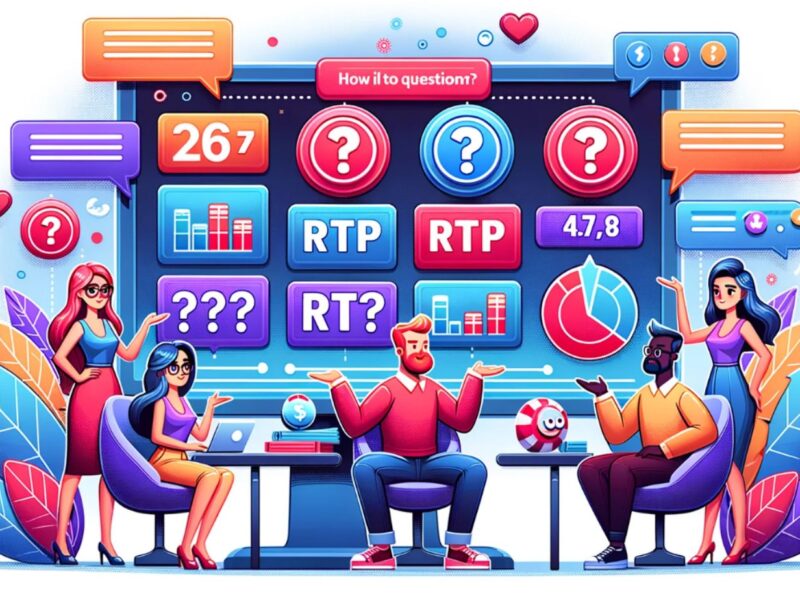The world of mobile and online gaming has witnessed a rising trend where games blur the lines between in-game currency and real-money gambling. In this article, we delve into this phenomenon, examining how games bridge the gap between virtual and real-world economies. We will discuss the psychological and legal aspects of this trend, highlighting its implications for players and regulators. Additionally, we will touch upon the concept of no-deposit bonus codes, offering insights into the broader landscape of online gaming.
- The Convergence of In-Game Currency and Real Money: Many mobile and online games now incorporate in-game currency systems that closely resemble real-world financial transactions. Players can purchase virtual currency with real money and use it for various in-game activities, including character upgrades, cosmetic items, or even gameplay advantages. This convergence creates a dynamic where players often find it challenging to distinguish between virtual and real-world value.
Popular titles like Fortnite, Apex Legends, and Candy Crush employ this model, enticing players to spend real money on in-game currency for a more enjoyable gaming experience. This financial integration has become a cornerstone of modern gaming economics.
- The Psychological Impact: The blending of in-game currency and real money raises intriguing psychological aspects. The “sunk cost fallacy” is one such phenomenon, where players feel compelled to continue spending real money to maximize the perceived value of their in-game purchases. The fear of missing out (FOMO) also plays a significant role, as limited-time offers and exclusive items encourage spending.

Additionally, the use of microtransactions, loot boxes, and gacha mechanics (randomized item rewards) can trigger the same reward pathways in the brain as traditional gambling. This can lead to compulsive spending behaviors akin to gambling addiction, especially among susceptible individuals.
- Legal and Regulatory Challenges: The integration of in-game currency and real money has raised a host of legal and regulatory challenges, with different countries adopting diverse approaches to address the issue. Some countries, like Belgium and the Netherlands, have categorized certain in-game mechanics as forms of gambling, imposing restrictions or outright bans. In contrast, others have been more lenient, placing the onus on the industry to self-regulate.
One key challenge is defining what constitutes gambling within a game. While some jurisdictions focus on chance-based mechanics like loot boxes, others consider any form of spending real money on in-game items or currency as a potential gambling activity. This regulatory inconsistency underscores the need for standardized definitions and clearer guidelines.
- No Deposit Bonus Codes: No deposit bonus codes are incentives offered by online casinos to attract new players without requiring them to make an initial deposit. These codes typically provide players with free credits or spins, allowing them to try out casino games without financial commitment.
While not directly related to the integration of in-game currency and real money, no-deposit bonus codes are part of the broader landscape of online gaming incentives. They offer players a risk-free introduction to online casinos and the opportunity to explore various games before deciding to invest real money.
Conclusion
The convergence of in-game currency and real money in mobile and online gaming presents a complex and evolving landscape. As games continue to blur the lines between virtual and real-world economies, players must navigate the psychological allure of microtransactions, loot boxes, and the perceived value of in-game purchases.
Regulators face the challenge of defining and regulating these practices to protect players, especially minors, from potential harm. Achieving a harmonious balance between player engagement and responsible gaming practices remains a top priority for the gaming industry.

In the broader context of online gaming, no-deposit bonus codes serve as an enticing entry point for players interested in exploring online casinos. Understanding the terms and conditions associated with these codes is essential to making informed decisions when entering the world of online gambling.
As the gaming landscape continues to evolve, it is crucial for players, developers, and regulators to work together to ensure that the convergence of in-game currency and real money is both enjoyable and responsible. Striking this balance will be essential for the long-term sustainability and health of the gaming industry.







